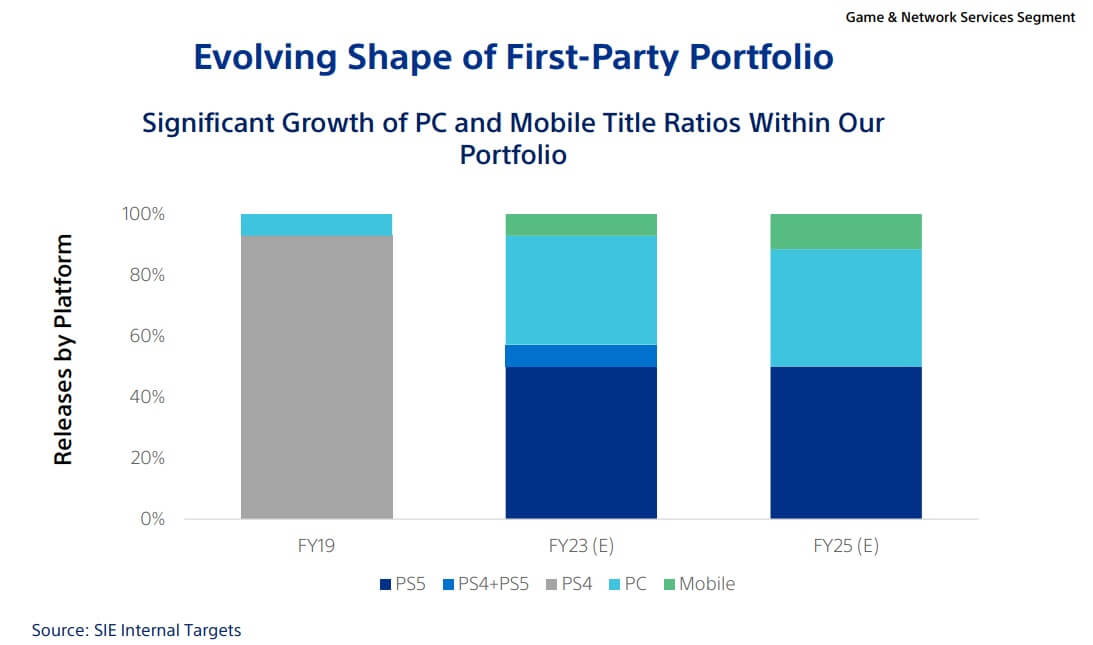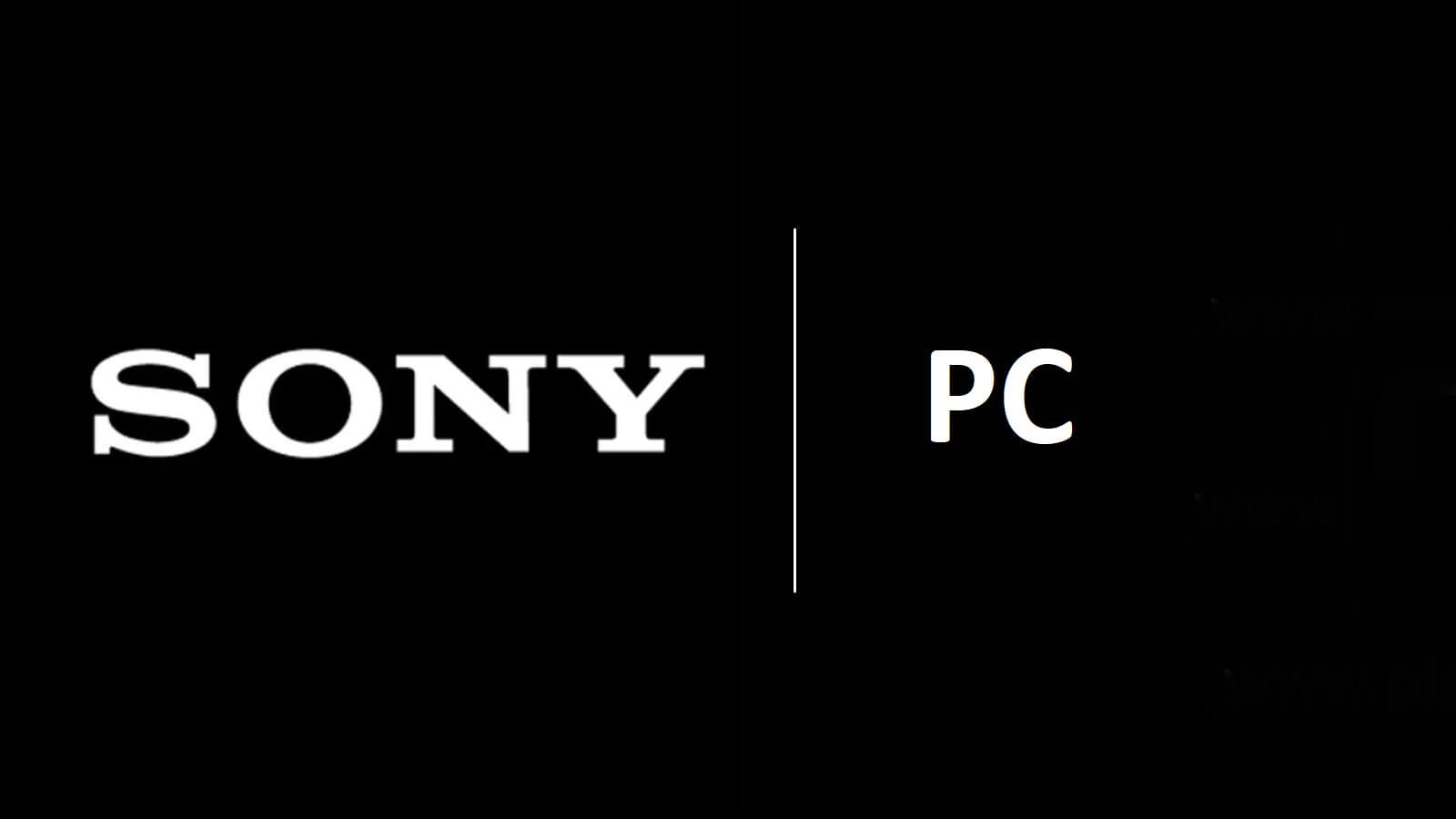I don't follow. If PS5 hardware is sold at a profit (it is), then even if no software is sold then you have real hardware margin. Then every subsequent software sale is further profit. This different from Xbox who may still be selling hardware at a loss, then need to sell X games at £$Y margin to recoup loses, then make it into the black on a per-person basis.
What is the operational cost that negates hardware sales at a profit?
You can only have
relative profit loss, i.e. had a console been sold to somebody who would have bought more games or invested more in the PlayStation ecosystem to drive greater profits, but you can't have loses.

You still have operational costs that aren't associated with the hardware itself. So, for example, shipping can be accounted for on a per console basis but the cost of operations (like paying your employees, building maintenance, taxes, etc.) cannot. Obviously those things are accounted for separately from console sales, game sales, etc. However, it's still accounted for when you look at the profit's generated by say G&NS for Sony.
You can roughly get an idea if something is or isn't generating a profit after operating costs are accounted for by averaging out the operating costs across various product categories and comparing that to the profits generated by the various product categories. In that way companies can evaluate whether a product line continues or whether it ends up being cut (pretty standard in the TV market, for example).
Obviously, you aren't going to cut the manufacturing of the key piece of hardware that the division relies on, but it can be used for a variety of things. Like, for example, whether to raise the price of the hardware or in this case, would it be worth it to significantly increase the production of the hardware if it also increases the cost of the hardware.
If we look at Sony's FY report, I posted the relevant data from it earlier in the PS5 thread (
https://forum.beyond3d.com/threads/playstation-5-ps5-release-november-12-2020.61644/post-2298367) looking at YoY changes to Q4 revenue/profit for Sony's FY 2022 (Year ending Mar. 2023).
In that, game revenue increased moderately, network services revenue was relatively flat while console revenue was up massively (+84.5% FY, +180.4% Q4). That massive bump in console hardware revenue lead to some large bumps in revenue for FY 2022 and Q4 (+32.3% and +60.1% respectively). That tracks with the increases in console hardware revenue. However, that also came with a significant reduction in operating profits (-27.8% and -55.5% respectively) which again tracks with the increased console hardware revenue.
It wouldn't surprise me if Sony expected increased games revenue and profits to cover the increased cost of console production (assuming it increased, which I am as it's my hypothesis

) but as we can see game revenue did not spike at all similarly to the spike in console hardware production and sales.
Regards,
SB





